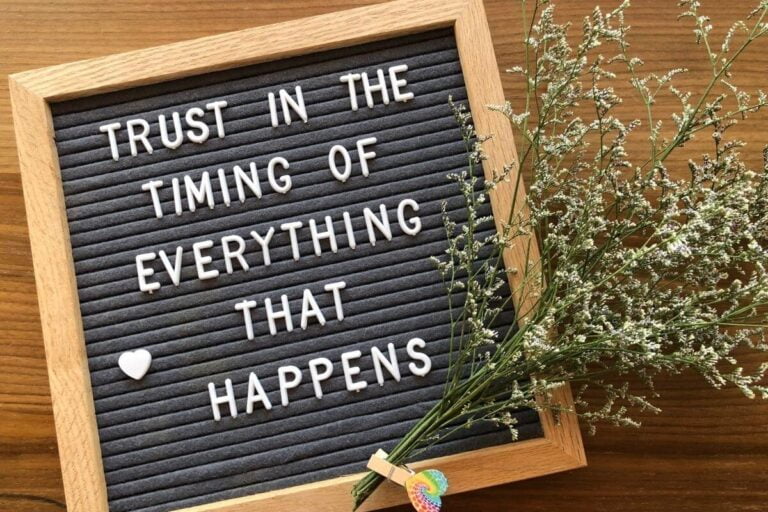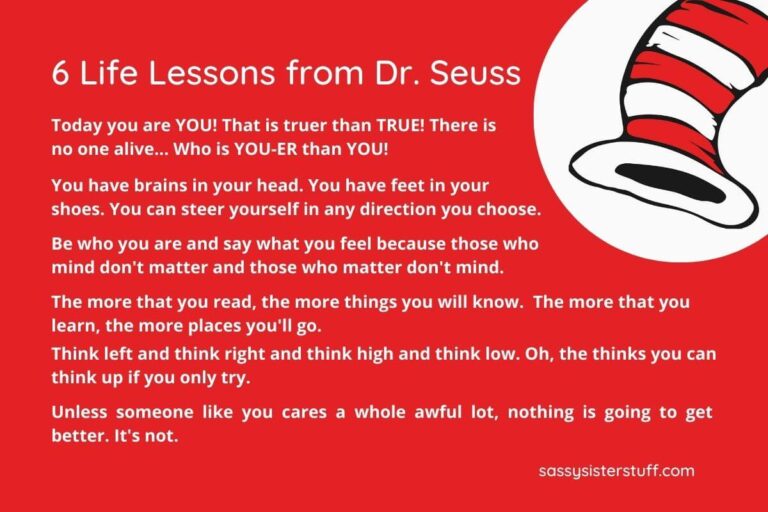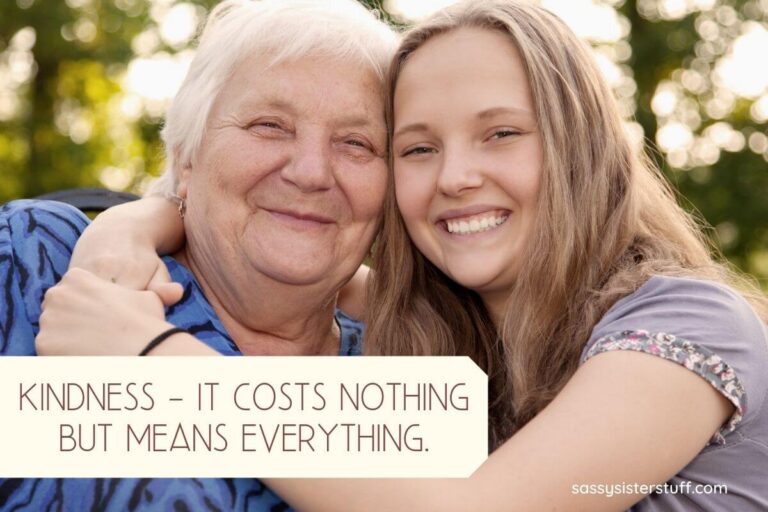10 Relationship Lessons Women Over 40 Learn the Hard Way
When you hit your 40s, relationships start to feel different. Your experiences shape what you want and need, and you learn lessons that didn’t matter so much before. It’s a time when you’re more aware of your worth and less willing to settle.
The most valuable lessons often come from the challenges you’ve faced, helping you build healthier connections and stronger boundaries. These lessons aren’t always easy, but they offer insight that can change how you approach love and dating in meaningful ways.
Knowing you’re whole with or without a relationship
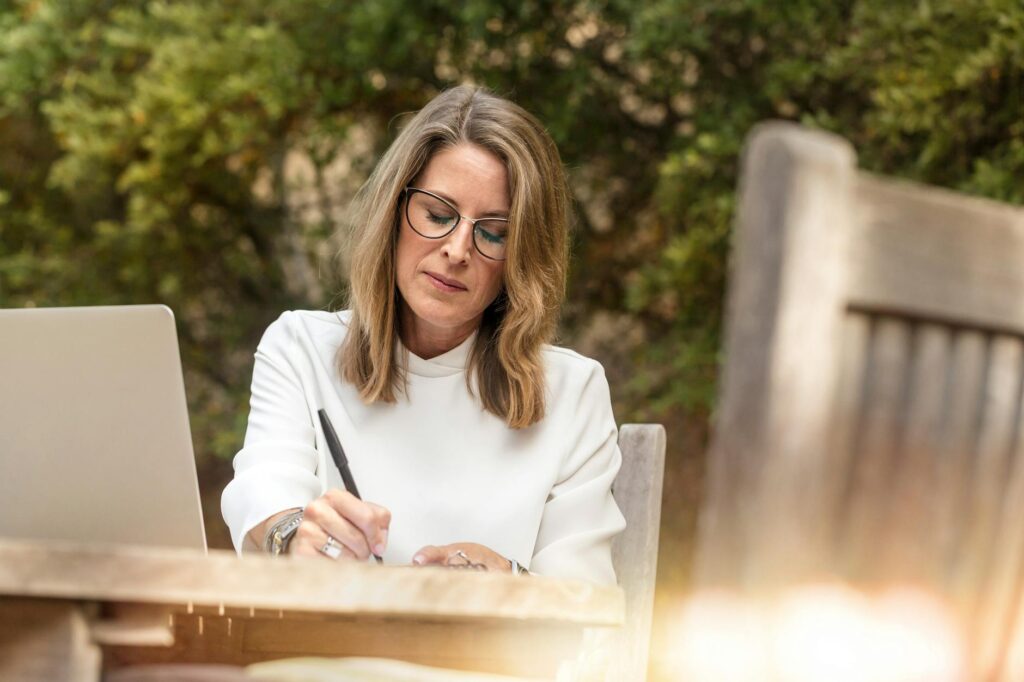
You don’t need a partner to feel complete. By the time you’re over 40, you usually realize your value isn’t tied to someone else’s presence.
Your happiness comes from within, not from being in a relationship. You can enjoy your own company and build a fulfilling life solo.
It’s about embracing who you are, flaws and all, without needing validation from others. This mindset helps you attract healthier connections when you choose to.
If you ever doubt this, remember many women in their 40s learn these lessons the hard way but find strength in being whole on their own (read more).
Leaving when your needs aren’t being met

You deserve to have your needs recognized and respected in a relationship. When they’re consistently ignored, it’s a clear sign something needs to change.
Staying in a situation where you feel undervalued can drain your energy and self-worth. Leaving isn’t about giving up; it’s about choosing yourself.
Sometimes, walking away is the healthiest thing you can do. It opens space for connections that truly support and fulfill you.
If you feel stuck, remember that recognizing your worth is the first step toward better relationships. This lesson is often learned the hard way but is worth embracing early.
More on this idea can be found in this article about relationship lessons for women.
Not forcing relationships out of fear or loneliness

You don’t have to jump into a relationship just because you feel lonely or scared of being single. Trying to fill that space too quickly can lead to unhealthy dynamics.
It’s okay to take your time and focus on yourself. When you wait, you’re more likely to find someone who truly fits with your life.
Remember, loneliness doesn’t mean you need to settle. Connectedness grows stronger when it’s genuine, not rushed out of fear. For more thoughts on this, see the discussion about loneliness and relationships for those over 40.
Clearing emotional baggage before starting anew

You can’t fully connect with someone new if you’re still carrying old hurts. Emotional baggage from past relationships can sneak into your current one, causing misunderstandings or mistrust.
Taking time to recognize what’s weighing you down is key. Writing down your thoughts and feelings helps you see what needs to be released.
Being kind to yourself during this process makes a big difference. Try not to judge what you feel or think, and allow space for healing.
Listening to your own story without harshness opens the door to growth. Letting go is not easy, but it’s a solid step toward healthier relationships.
Learn more about dealing with emotional baggage at Red Hot Mindset.
Learning to meet a different type of person post-divorce

After divorce, you might realize that the type of person you dated before no longer fits what you want or need. Your priorities and experiences have changed, so it makes sense to look for someone different.
You may find yourself attracted to people who share your values and goals more closely now. This shift can feel strange at first but can lead to healthier connections.
Meeting new types of people also means adjusting how you approach dating. Being open and patient helps as you learn what works for you this time around. For more insights, see this guide to dating after divorce.
Stopping the chase and letting love come naturally
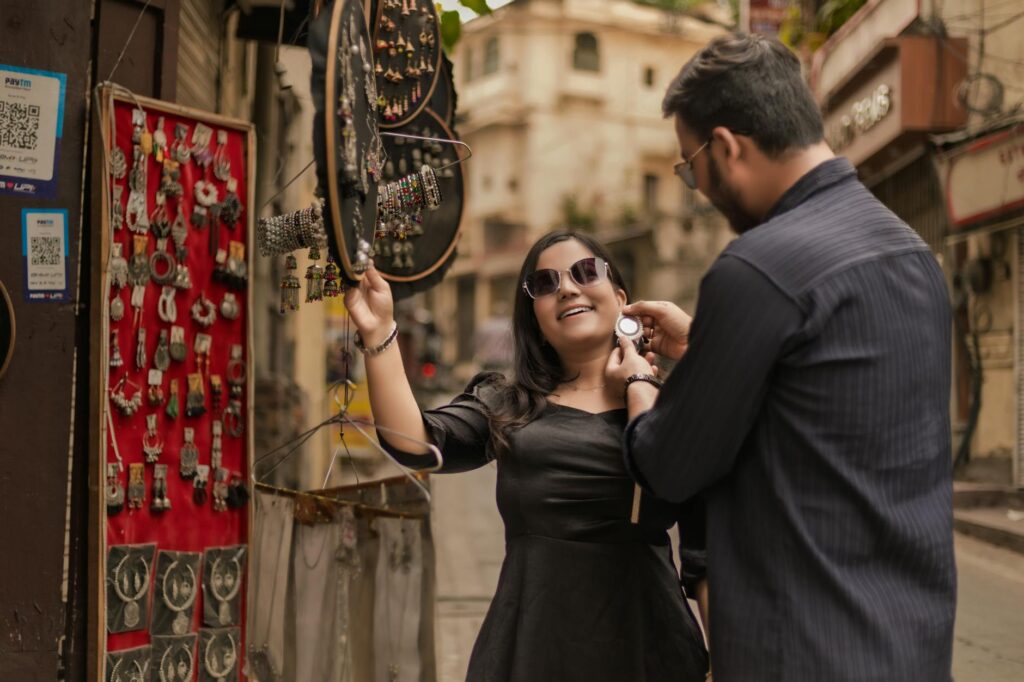
You might feel tempted to chase love, but often that only creates pressure and stress. When you stop pushing and let things flow, you give yourself the chance to connect more genuinely.
It’s about focusing on your own happiness first, rather than hunting for a partner. Love tends to show up when you’re living your best life without forcing it.
Letting love come naturally doesn’t mean being passive. It means trusting the process and being open without desperation. Many find this approach works better after 40, as shared in conversations on finding love later in life.
Valuing self-respect over approval

You learn that seeking approval from others often leaves you feeling empty. It’s more important to stand firm in your values, even if it means not everyone agrees with you.
When you prioritize your self-respect, you create boundaries that protect your emotional well-being. Saying no doesn’t make you difficult—it shows you respect yourself.
This shift helps you attract relationships where you are truly appreciated. You stop compromising who you are just to be liked or accepted.
For more on this, see lessons about self-love and prioritizing yourself from discussions like these on self-love journeys.
Recognizing that age brings better dating instincts

By the time you’re over 40, you’ve had enough experiences to trust your gut more. You start to notice red flags faster and don’t ignore them like you might have in your 20s or 30s.
You know what you want and what just won’t work for you. This clarity helps you avoid unnecessary drama and focus on connections that feel right.
Your past relationships teach you valuable lessons about compatibility and communication. These lessons sharpen your instincts, making dating over 40 a more conscious and confident process. For more insight, see dating over 40 lessons learned for success.
Being clear on what you really want in a partner

By the time you’re over 40, you’ve probably learned that it’s crucial to know what you truly want. Vague ideas or settling won’t cut it anymore.
You need to be honest with yourself about the qualities that matter most. This helps avoid wasting time on partners who don’t fit your life.
Clarity also gives you confidence to set boundaries and recognize red flags. Remember, just because someone chooses you doesn’t mean they’re right for you, so keep your standards clear like this advice highlights.
Setting healthy boundaries without guilt

You might find it tough to say no, especially if you’re used to putting others first. But setting healthy boundaries is about protecting your time and energy. It’s okay to prioritize your needs without feeling guilty.
Boundaries help prevent burnout and resentment. When you clearly communicate what you can and cannot do, relationships become more balanced and respectful.
Remember, saying no doesn’t make you selfish. It’s a form of self-care that supports your emotional well-being. Learning to set boundaries is a skill you can build over time, and it leads to greater peace in your life.
For tips on how to set boundaries confidently, check this guide on setting healthy boundaries and building positive relationships.
Related: 15 Clever Hacks To Reduce That Never-Ending Grocery Bill

Managing grocery expenses can be challenging for many households, especially with rising food costs and fluctuating budgets.
However, with some creativity and resourcefulness, you can implement numerous clever hacks to reduce your never-ending grocery bill without sacrificing the quality or variety of your meals.



